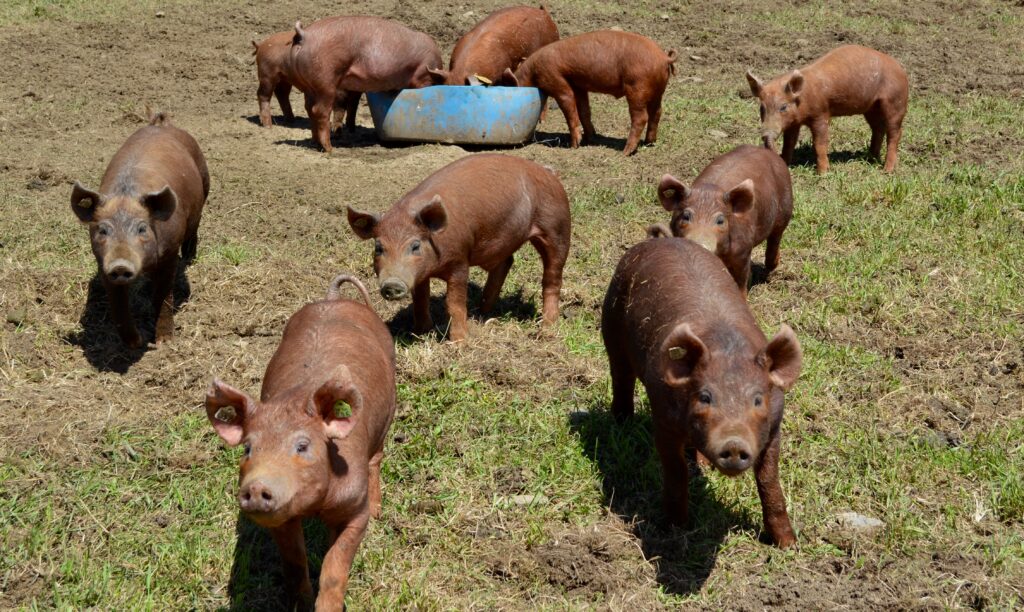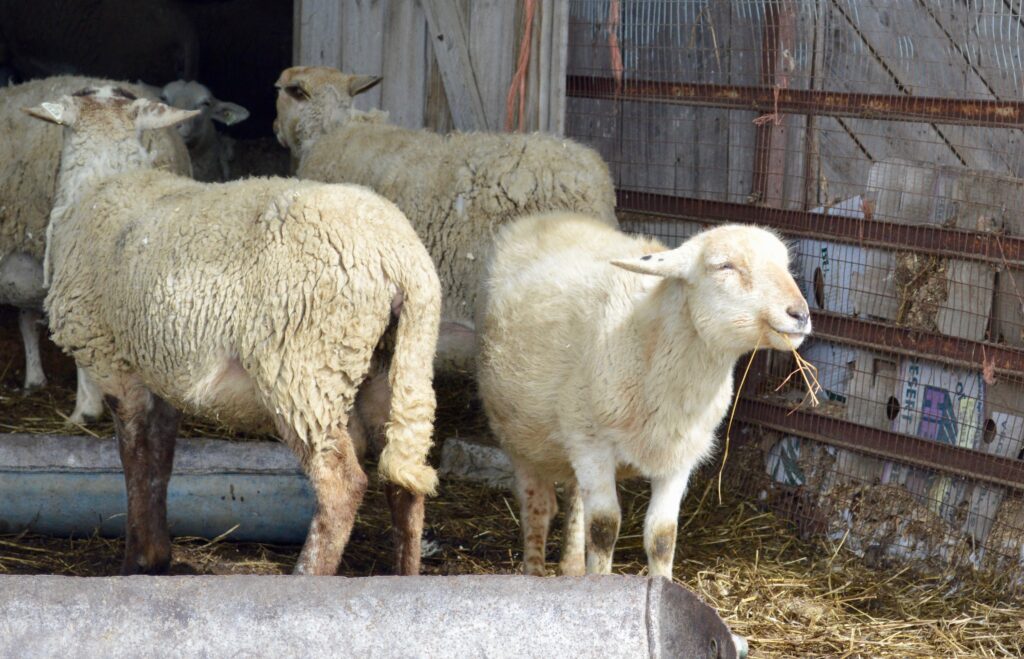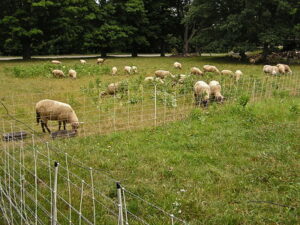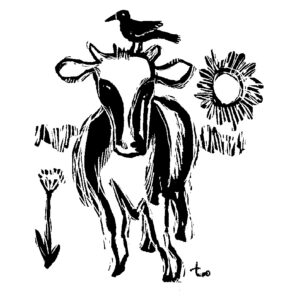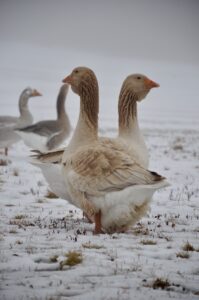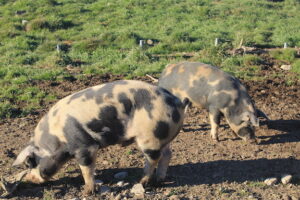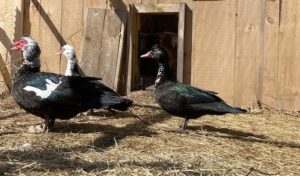Farm Equipment for Livestock
By Jacki Martinez Perkins, MOFGA’s Organic Dairy and Livestock Specialist Getting into livestock production can be an uphill battle. Choosing equipment is one of the more anxiety-inducing processes. My parents (a dairy farmer and a sole-practitioner large animal veterinarian) often found themselves in situations where they had little to no help from others, and so

